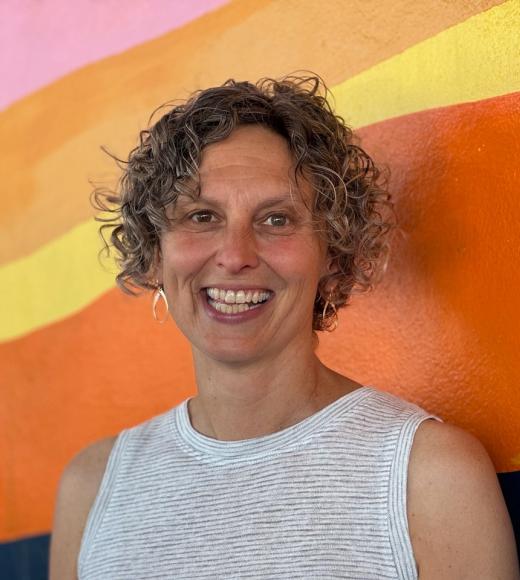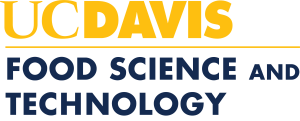
Charlotte Biltekoff, Ph.D.
Position Title
Professor
Darrell Corti Endowed Professor in Food, Wine and Culture
Unit
Food Science and Technology
American Studies
Food Science (2007 - )
Social and cultural aspects of eating habits in the United States with special interest in the culture of food and health.
Degree
Ph.D., Brown University, American Civilization, 2006
Bio
Charlotte Biltekoff, Ph.D., is Professor of American Studies and Food Science & Technology and Darrel Corti Endowed Professor in Food, Wine and Culture at the University of California, Davis, where she builds bridges between scientific and cultural approaches to questions about food and health. Her expertise centers on understanding where ideas about “good” and “bad” food come from and the social and cultural role they play. Recent work explores the political stakes of how experts in the food system understand the role of the public and communicate about science, technology, and innovation. Her research is interdisciplinary, and she frequently collaborates and communicates across disciplinary differences.
Biltekoff’s latest book, Real Food, Real Facts: Processed Food and the Politics of Knowledge, is about how good food became “real” in the beginning of the 21st century and how the food industry has responded to increasingly negative public views of processed food with science-based education and information campaigns designed to “correct” what they see as public misperceptions. Chapters explore competing school curricula seeking to teach students very different versions of “where their food comes from,” the fraught politics of “natural” claims, and the possibilities and limits of “transparency.” Throughout, the book highlights the political importance of how the food industry imagines, or thinks about the public, and how that shapes communication as well as possibilities for meaningful debate and dialogue about what kind of food system we want.
Biltekoff is also author of Eating Right in America: The Cultural Politics of Food and Health (Duke University Press, 2013). She was a co-PI on the NSF-funded UC AFTeR Project, a multidisciplinary research project across 3 UC campuses examining the Bay Area Agri-Food Tech sector. She has published articles in a wide range of academic journals and enjoys doing podcasts and other interviews.
Classes include
- Food in American Culture | American Studies/Food Science and Technology 55
- Eating in America | American Studies 155
- Food, Science and Society | American Studies 101c
Learn more about Professor Biltekoff’s research, teaching, projects, and media appearances at http://www.charlottebiltekoff.com/
